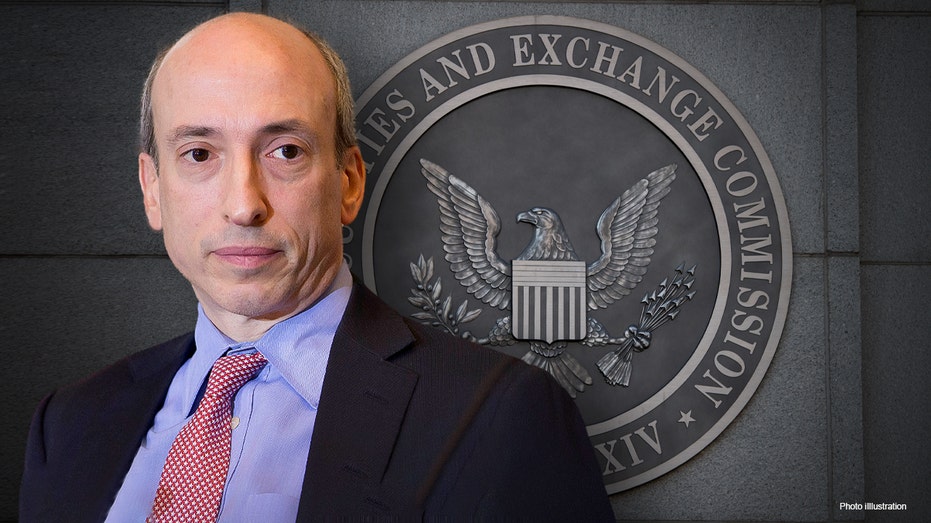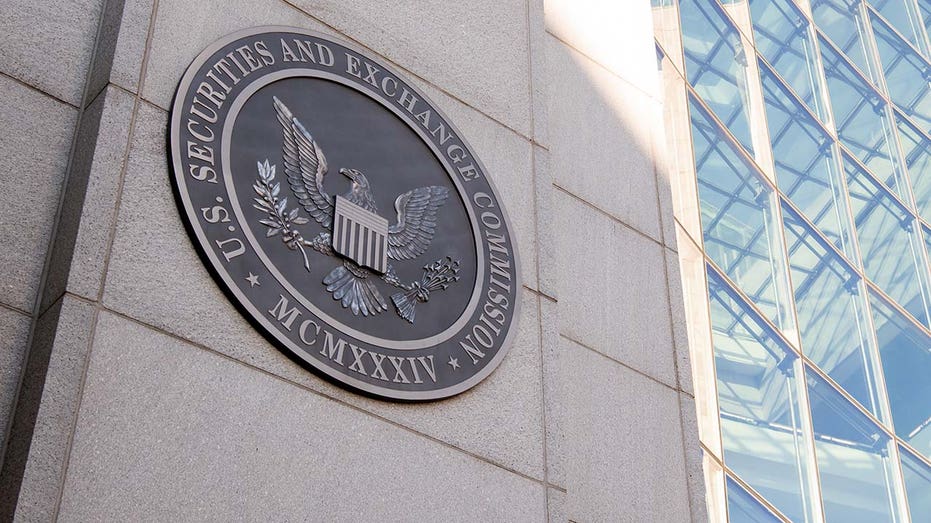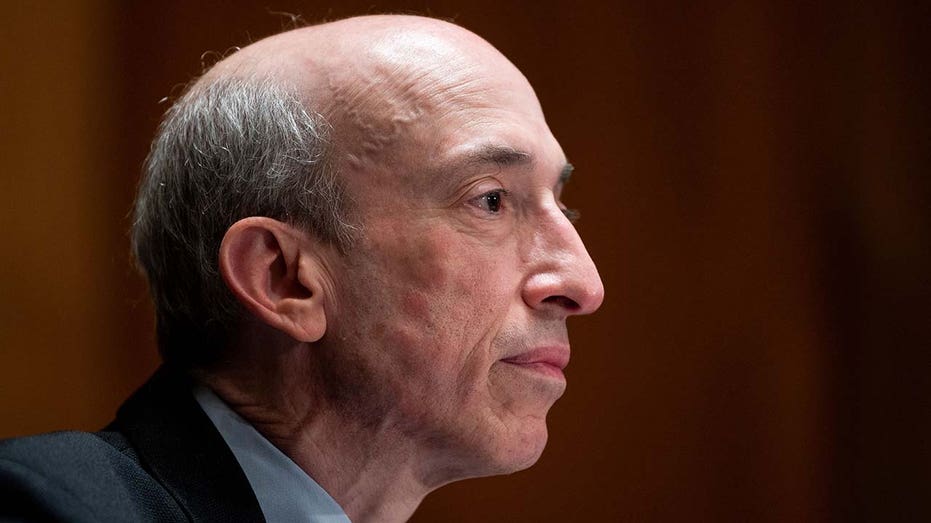Exclusive: Republicans introduce legislation to thwart ESG-related SEC disclosure demands
The new legislation would require the SEC to determine if information is deemed material to investors
Republican lawmakers are wasting no time making good on their promise to make life miserable for Wall Street’s top cop, Gary Gensler.
GOP lawmakers say the Securities and Exchange Commission chair’s proposed new rule requiring public companies to provide extensive information on how their operations affect the climate oversteps the agency’s statutory authority to protect investors from scams and maintain fair and efficient markets. They also believe it will burden public companies with significant and unnecessary compliance costs that will be passed along to consumers.
Congressmen Bill Huizenga (R-MI) and Andy Barr (R-KY), both ranking members on the House Financial Services Committee, will introduce new legislation on Friday designed to thwart Gensler’s efforts and only allow the SEC to impose disclosure requirements if the agency can prove the information is materially important to investors.
SEC CHAIRMAN GARY GENSLER MET WITH HEAD OF FTX MONTHS BEFORE COLLAPSE

The U.S. Securities and Exchange Commission (SEC) said on Friday that it would delay enforcement of certain assets from a new disclosure rule for off-exchange securities until Jan. 3, 2022. Photographer: Andrew Harrer/Bloomberg via Getty Images (Photographer: Andrew Harrer/Bloomberg / Getty Images)
The legislation will be a companion bill to the Senate’s Mandatory Materiality Requirement Act, introduced in October by Senator Mike Rounds (R-SD) and Senator John Boozman (R-AR). Both bills seek to amend the Securities Act of 1933 and the Securities Exchange Act of 1934 by inserting language requiring the SEC to determine whether certain information is materially important to investors before imposing new disclosure obligations.
Despite a vote scheduled for the new year, lawmakers expect the road to finalization to take months – and face an uphill battle with Democrats controlling the senate and a likely veto by President Biden. But the bill is a precursor of significant attention – and all but certain hearings and investigations – that the Incoming GOP majority in the House will be giving Gensler’s ambiguous agenda, including plans on overhauling capital market structure and aggressive cryptocurrency legislation.
The SEC declined to comment.
In addition to the legislation, Gensler’s climate disclosure proposal has seen significant backlash from big companies in comment letters and will likely face legal action if the SEC ultimately votes to approve the measure.

The headquarters of the US Securities and Exchange Commission (SEC) is seen in Washington, DC, January 28, 2021. - An epic battle is unfolding on Wall Street, with a cast of characters clashing over the fate of GameStop, a struggling chain of video g ((Photo by SAUL LOEB/AFP via Getty Images) / Getty Images)
The legal arguments against the rules will focus on the so-called materiality standard, articulated by the Supreme Court in 1976, which states a matter is "material" if there is "a substantial likelihood that a reasonable shareholder would consider it important in deciding how to vote."
"The materiality standard is the investor-driven backbone of our capital markets. Immaterial reporting requirements like those outlined in the Securities and Exchange Commission’s climate-related disclosure proposed rule place an undue burden on companies and small business, discriminatorily choke off energy companies' access to capital, and threaten American energy security," said Congressman Andy Barr (R-KY), the lead Republican on the House Financial Services Subcommittee on National Security, Monetary Policy, and International Development.
SEC STAFFERS FUMING OVER GENLSER SELF-PROMOTION ON KARDASHIAN CASE
The climate proposal rule, issued in March, would require public companies to disclose details on greenhouse gas emissions they generate and report the indirect emissions generated from its supply chain. The public comment period, which closed in June, was reopened for further input through November 1st due to the controversial nature of the proposal.

Gary Gensler,Chair of the Securities and Exchange Commission(SEC), testifies during the Senate Banking, Housing, and Urban Affairs Committee hearing on "Oversight of the US Securities and Exchange Commission" on September 14, 2021 in Washington,DC. ( ((Photo by BILL CLARK/POOL/AFP via Getty Images) / Getty Images)
Republican lawmakers have repeatedly criticized the climate proposal bill as being "woke" and labeled it as an attempt to introduce liberal ESG policies into U.S. financial markets. ESG is a broad term used to describe an investing technique that has become both popular and controversial in recent years as some investors demanded corporate policies that took into account societal needs, not just maximizing shareholder value. It seeks to force public companies to take steps to protect the environment, create governance mandates that ensure diversity, and adhere to principles that better society.
It’s not just the Republicans who have been criticizing the Democratic Chairman of the SEC over his proposed rulemaking. In October, a group of Senate Democrats led by John Tester (D-MT) wrote a letter to Gensler asking him to slow down the rulemaking and give adequate time for public feedback on his slew of new proposals.
According to the SEC’s Inspector General, in the first eight months of the year, the SEC proposed 26 new rules, twice as many as proposed the previous year.
CLICK HERE TO READ MORE ON FOX BUSINESS
"American job creators are under constant assault from the heavy-handed regulatory approach of the Securities and Exchange Commission under Gary Gensler," said Rep. Bill Huizenga (R-MI) tells FOX Business. "Nowhere is this more evident than the SEC’s clear desire to massively expand disclosure requirements. Such an expansion would not only damage our economy, but it would also negatively impact small businesses and make it more difficult for investors to retire with financial security."





















